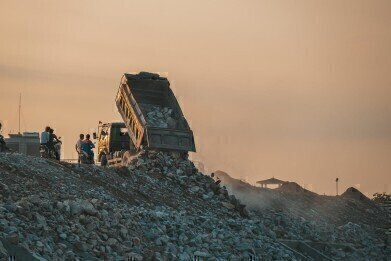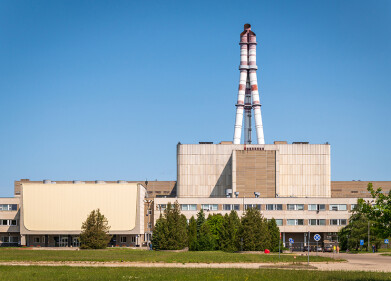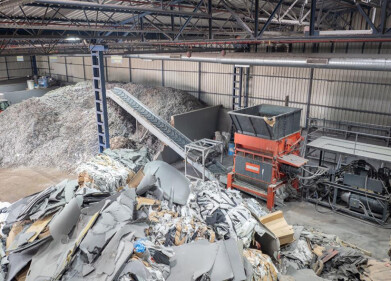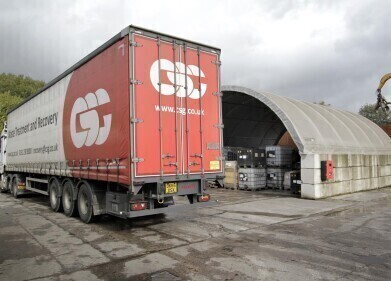Hazardous waste
How Do You Dispose of Hazardous Waste?
Oct 21 2022
Because of the unique properties that it carries, hazardous waste must be disposed of differently to standards forms of refuse. In fact, it’s a criminal offence to store or dispose of hazardous waste alongside non-hazardous waste, due to the potential repercussions this could have on the human, animal and environmental health of those exposed to it.
In 2011, the UK government created the waste hierarchy pyramid, which sets out the best practices that company owners should follow when approaching the disposal of their hazardous waste items. Of course, all of these strategies require the supervision and management of a qualified and certified company which specialises in the disposal of hazardous waste. Nonetheless, each tier is outlined in more detail below.
Prevention
This tier, which is the most preferable scenario from an environmental perspective, involves preventing the hazardous waste from being generated in the first place. This can be achieved by using fewer materials which contain corrosive, reactive, toxic or flammable elements within them and has the twin advantages of both conserving resources and reducing pollution. As such, it’s the ideal strategy for allowing the UK to overcome its net-zero challenges in the coming years.
Reuse
Where possible, the government recommends that all components which contain hazardous substances be reused if they are still in good condition. Of course, these whole or spare parts must be thoroughly cleaned, checked and repaired to ensure they are still up to their task, but doing so can save a company money on purchasing replacement items, whilst also reducing their carbon footprint and edging the UK closer to its net-zero goals into the bargain.
Recycle
The next tier involves recycling hazardous waste materials so that they can be turned into other serviceable commodities. Special precautions must undoubtedly taken when recycling hazardous waste, but if it can be turned into something of value after its lifespan has expired, then it is good news for the bottom line of the business owners and of the environmental reputation of their company.
Recovery
The penultimate tier of the waste hierarchy pyramid is recovery, which involves trying to recoup any sort of value from the hazardous waste item possible. This covers such practices as anaerobic digestion, gasification, incineration with energy recovery and pyrolysis. Any energy (in the shape of fuel, power or heat) or other usable materials which can be recovered from the disposal of the hazardous waste make it that bit more sustainable.
Disposal
The final, and therefore least desirable, tier of the pyramid is recovery. This refers to both landfill and incineration without energy recovery, since the substances here are simply being disposed of without incurring anything of value in return. Although this often represents the safest option for many companies, it’s also the most expensive and least eco-friendly and therefore should be avoided as much as is possible.
Events
Jul 15 2025 Brighton, UK
Jul 23 2025 Sydney, Australia
Aug 24 2025 Stockholm, Sweden and online
Aug 27 2025 Busan, South Korea
Sep 02 2025 Mexico City, Mexico







.jpg)






